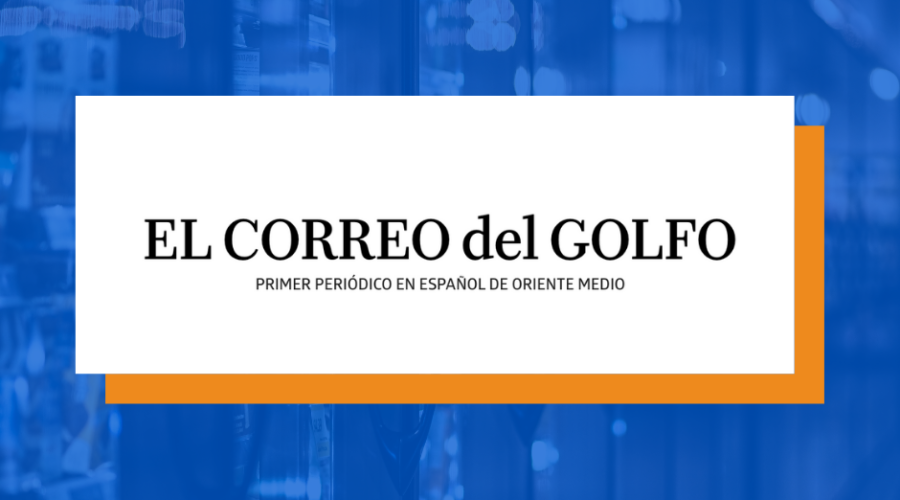Die VAE führen die globale Covid-19-Resilienz-Rangliste an
Die Vereinigten Arabischen Emirate haben in der neuesten Rangliste der globalen Resilienz von Covid-19 den ersten Platz belegt, gefolgt von Zypern, Bahrain und Israel, die ganz oben auf der Liste stehen.
Die Emirate belegten den ersten Platz in der Pandemie-Resilienz-Index 2022, die vom Consumer Choice Center, einer in den USA ansässigen Interessenvertretung, zusammengestellt wurde.
Massentests, Impfzulassung und Vertrieb von Booster Schüsse gehörten zu den Schlüsselfaktoren, die den VAE halfen, sich den Spitzenplatz zu sichern.
Read the full article here









